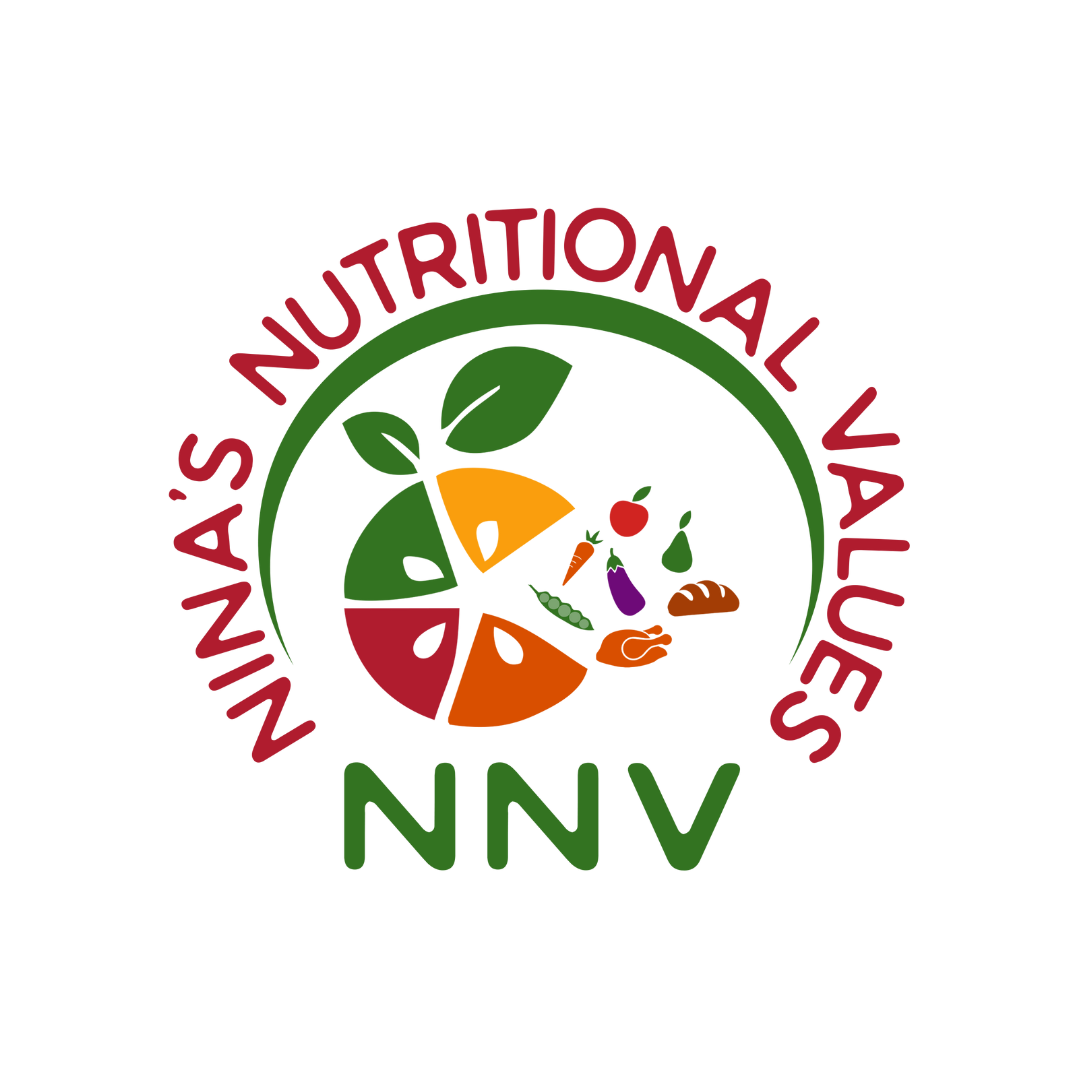Diet May Be the Underlying Cause of Fatigue
Lack of quality sleep may be the first thing that comes to mind when you think of fatigue, but it’s far from the only source. Both physical and mental fatigue are sensitive to rest, stress, and nutrition. Rest and stress you may be more familiar with, so let’s dive into the connection between chronic fatigue and nutrition.
Reframing Food as Fuel
Food should be a source of pleasure, but first and foremost—food is fuel. When your body alerts you each day that it’s hungry, it’s really saying “fuel me up”. If your diet is high in foods that lack nutrients, it may be why you feel tired all the time.
Whole foods contain a diverse range of micro and macronutrients. Processed foods have little to no micro or macronutrients. So, the more processed foods you eat, the more “empty” calories you consume. This is why it’s possible to be both obese and nutrient deficient.
Your Core Macronutrients
Micro and macronutrients work synergistically. While some are required in higher quantities than others, all are essential. When it comes to feeling physically or mentally drained, the macronutrients below are the ones you need to be most mindful of.
#1 CARBOHYDRATES AND FATIGUE
Carbs are the primary source of cellular energy. If you aren’t getting enough complex (fiber-rich) carbs in your diet, you’ll feel fatigued. If you’re getting too many processed carbs in your diet, you’ll feel fatigued.
Refined carbohydrates such as white bread, pasta, rice, and many snacks are processed in a manner that removes the nutrient fiber layer. Without the fiber, your body metabolizes processed carbs quickly, causing your blood sugar to spike, and then drop—which leaves you feeling drained.
#2 REFINED SUGARS AND FATIGUE
Refined sugars and fatigue are directly related. Carbohydrates are metabolized in the body as glucose. Glucose is the brain’s primary source of fuel and the only type of sugar your body requires. Your body gets all the glucose it needs from complex carbs, so processed sugar is unnecessary.
Just like eating too many refined carbs, eating too much refined sugar causes your blood sugar to rapidly spike, and then drop. One of the things that makes managing sugar intake challenging is that sugar is added to most processed and prepackaged foods. This includes foods that aren’t sweet. So, stick to whole foods and read food labels when purchasing prepackaged items.
Just be mindful that sugar on food labels has 56 different names, so you must know what you’re looking for.
#3 PROTEIN AND FATIGUE
While carbs fuel your cells, protein and fat provide sustainable energy. Your body breaks down protein into amino acids, which are essential for tissue repair. Protein also plays a role in regulating blood sugar.
There are 20 different amino acids found in food. To achieve the right mix of amino acids, try to obtain your protein from a diverse range of sources. If you aren’t eating enough protein, you will likely feel lethargic.
Protein sources include:
· Lean meat
· Poultry
· Seafood
· Nut
· Seeds
· Protein-rich veggies
· Vegan protein sources
#4 FAT AND FATIGUE
While you must be mindful of your fat intake and the type of fat you’re consuming, fat is essential for health and wellness. Fat sustains energy and plays a role in regulating both blood sugar and hormones.
Fat from natural sources is broken down into fatty acids. Omega-3 fatty acids in particular have been scientifically proven to boost energy levels in those with chronic fatigue.
Want to Learn More About Chronic Fatigue and Nutrition?
If you would like to learn more about choosing foods that energize your mind and body, reach out to Nina’s Nutrition Concepts!

